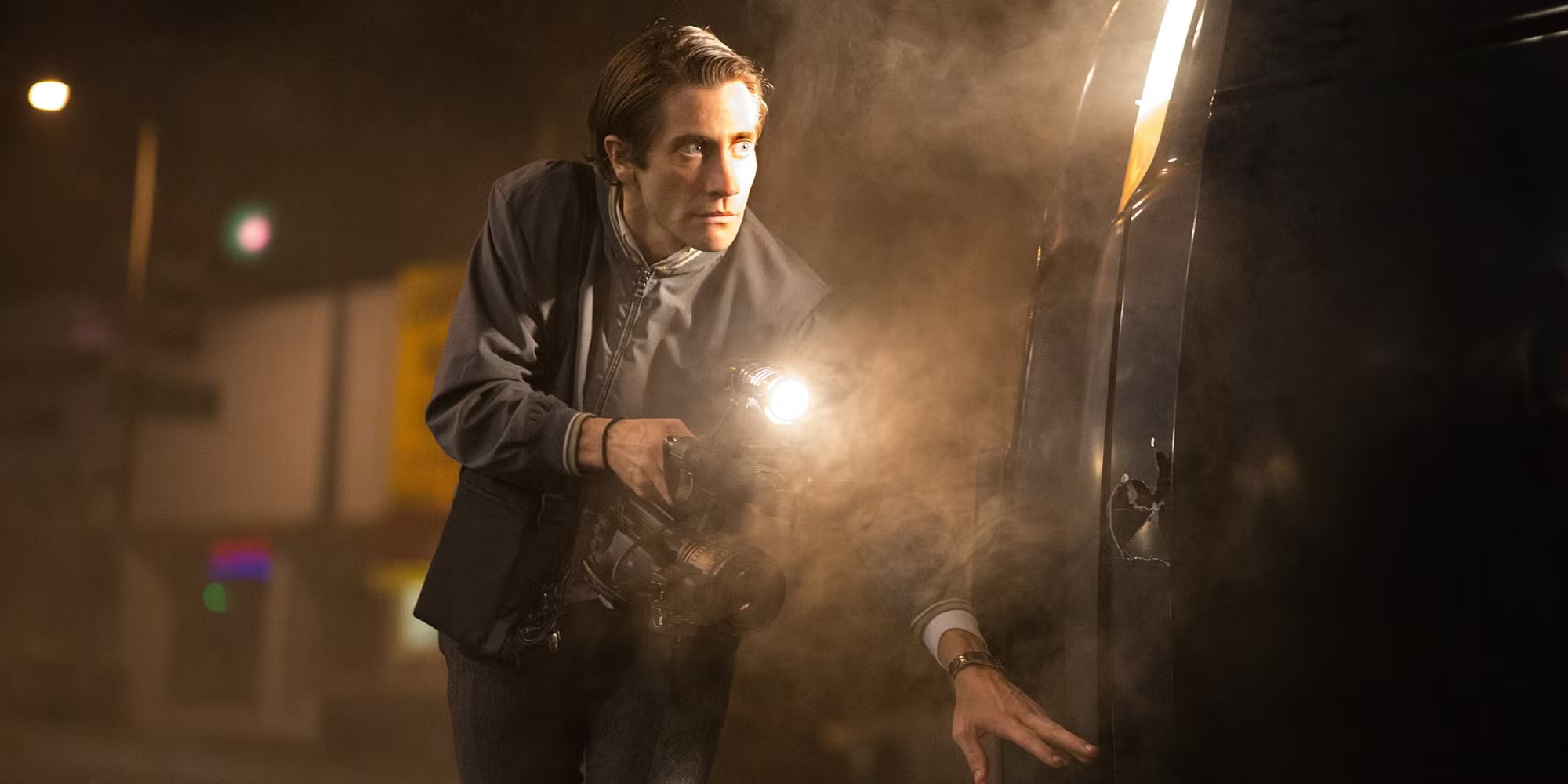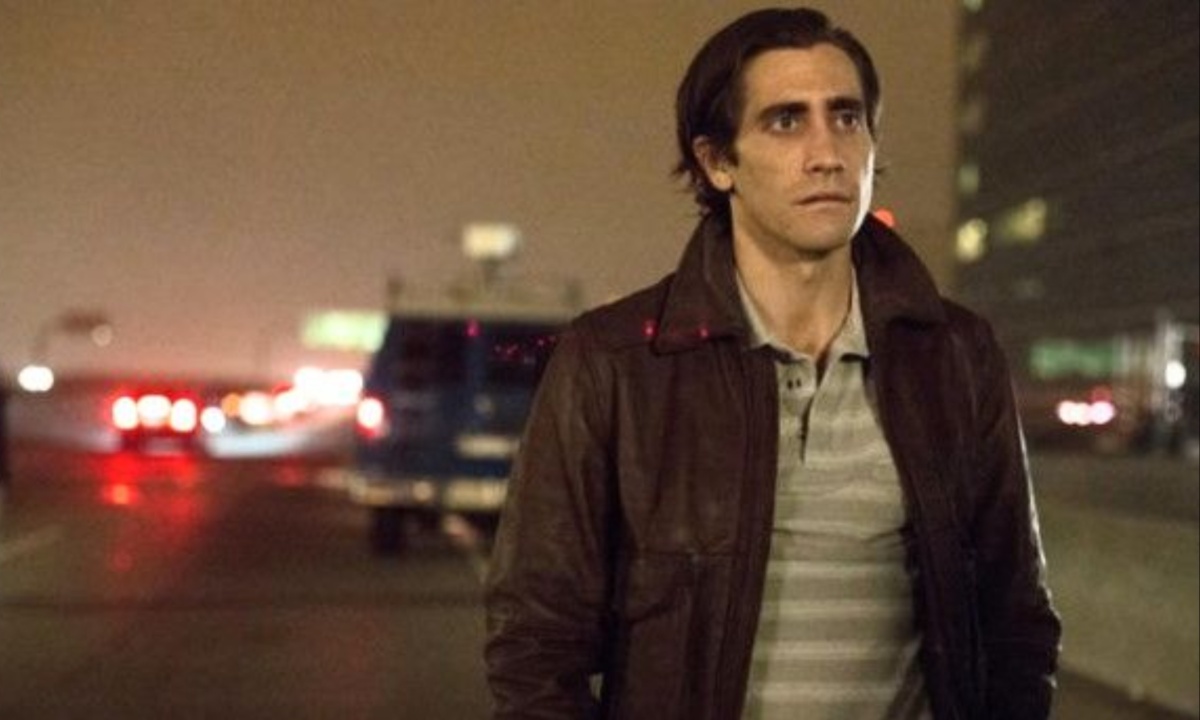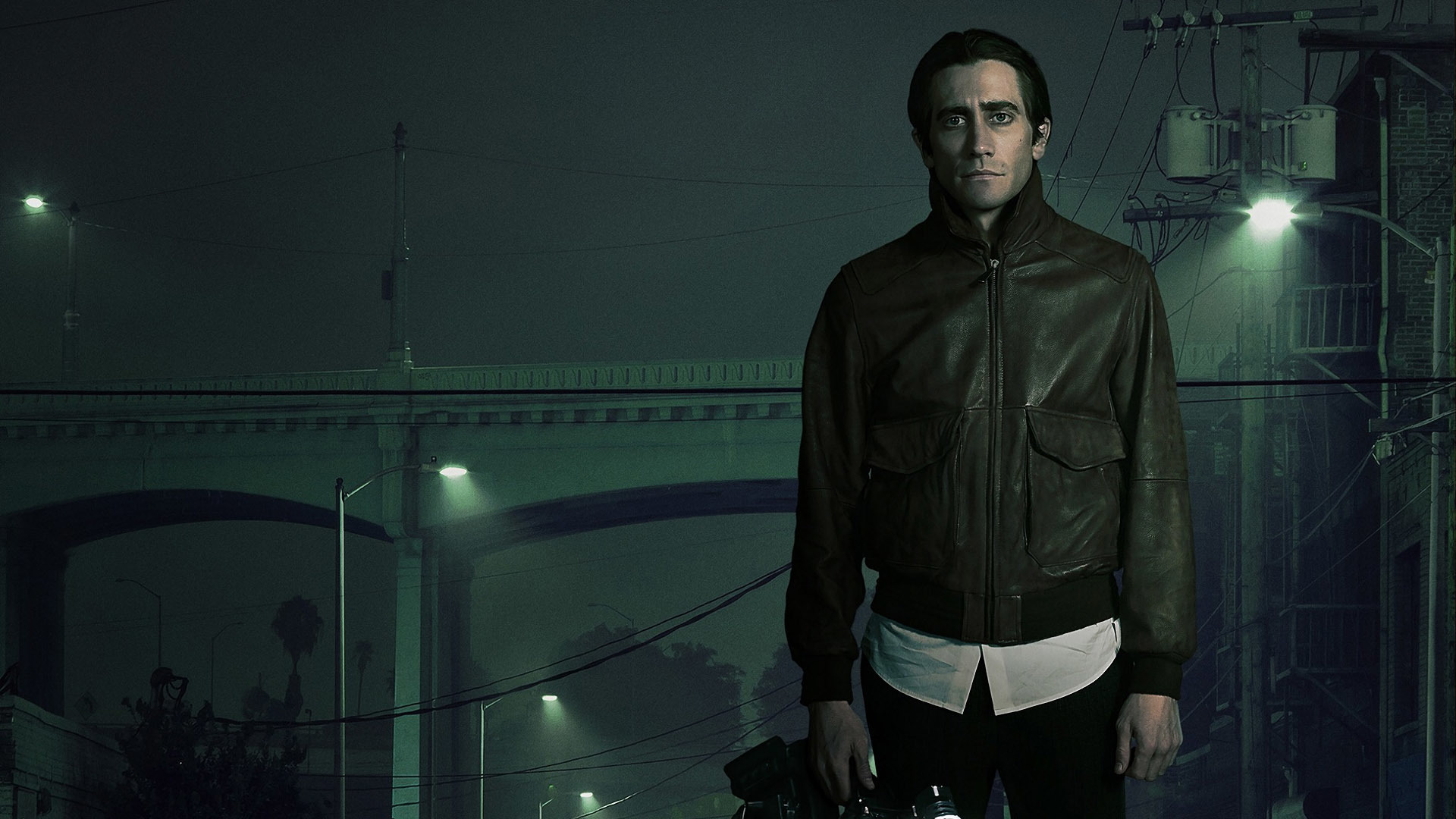“Nightcrawler” follows Lou (Jake Gyllenhaal), a man deeply driven by ambition, willing to manipulate others for personal success. As the film progresses, Lou reveals how far he will go to gain recognition and financial rewards. The film’s shocking ending sees Lou deliberately orchestrating a dangerous situation to ensure that his employee, Rick (Riz Ahmed), meets a tragic end.
Rick’s ambition to secure a larger share of the reward exposes his greed, which Lou cannot tolerate. This act of betrayal solidifies Lou’s character as a ruthless individual in pursuit of success.
Rick, portrayed by Riz Ahmed, plays a pivotal role in Lou’s journey, even though his ambition ultimately costs him his life. Initially, Rick hopes to profit from Lou’s criminal activities, but his demand for half of the reward reveals a level of independence that Lou cannot tolerate.
The tragic shootout that leads to Rick’s death is staged by Lou, who manipulates events to increase the chances of Rick’s demise. This moment highlights the brutal and exploitative nature of Lou’s character and reinforces the film’s exploration of power dynamics and ambition.
“Nightcrawler” can be seen as a critique of capitalism, presenting Lou’s rise as a modern rags-to-riches tale. Lou begins the film as an unemployed, struggling man but seizes the opportunity to build a lucrative business by exploiting others’ misfortune. Lou’s relentless drive for success mirrors the darker side of capitalism, where ethics are compromised in the pursuit of profit. Director Dan Gilroy uses Lou’s story to comment on how society rewards individuals who are willing to sacrifice their morals to climb the corporate ladder.

The American Dream and Its Corruption
Lou’s pursuit of success represents the American Dream but with a dark twist. While Lou’s ambition is initially relatable—struggling to find work and seeking a better life—the cost of his success becomes increasingly disturbing. Lou adopts a cold, transactional view of the world, treating people as tools to advance his career. Gilroy’s perspective on capitalism portrays it as a never-ending hunger that can never be satisfied, which drives Lou to an extreme and ultimately results in his moral decay.
At the heart of “Nightcrawler” is Lou’s transformation into an anti-hero. While he is clearly the villain of the story, Lou perceives himself as a self-made success, embodying the qualities of a man who will stop at nothing to achieve greatness. The film’s score, often triumphant during morally reprehensible moments, enhances this anti-hero portrayal. Lou’s speeches, which sound motivational at first, ultimately feel hollow and self-serving, showcasing his lack of authenticity and emphasizing his moral corruption.

Nina’s Descent into Exploitation
Nina (Rene Russo), a news station executive, initially seems more ethical than Lou but becomes ensnared by his manipulative tactics. Lou coerces her into a sexual relationship, leveraging her vulnerability to gain control over her. While Nina is portrayed as a victim, there is a sense that she, too, is complicit in the moral compromises required to succeed in their competitive environment. As the film progresses, Nina’s descent into Lou’s world highlights the corrupting influence of ambition, showing how even those who start with some moral integrity can be corrupted.
Rick’s ambition leads to his untimely death, a tragic consequence of his desire for a bigger share of the reward money. While Lou sees Rick as lacking the ambition necessary to succeed, it is Rick’s greed that ultimately becomes his downfall. By demanding half of the reward money, Rick fails to understand the dangerous game he is playing with Lou, who views any sign of independence as a threat to his control. This dynamic underscores the cost of ambition in a world where success is pursued at any cost.
“Nightcrawler” works as a sharp satire of capitalism, highlighting the moral bankruptcy that can arise from the relentless pursuit of success. Lou’s character embodies the dark side of capitalism, where personal gain comes at the expense of others. The film asks whether Lou is truly the villain, or if the system that rewards his actions is equally to blame. By framing Lou’s rise to success as a cautionary tale, “Nightcrawler” critiques the values of a society that elevates individuals willing to sacrifice their ethics for personal gain, offering a chilling look at the cost of ambition in a capitalist world.



